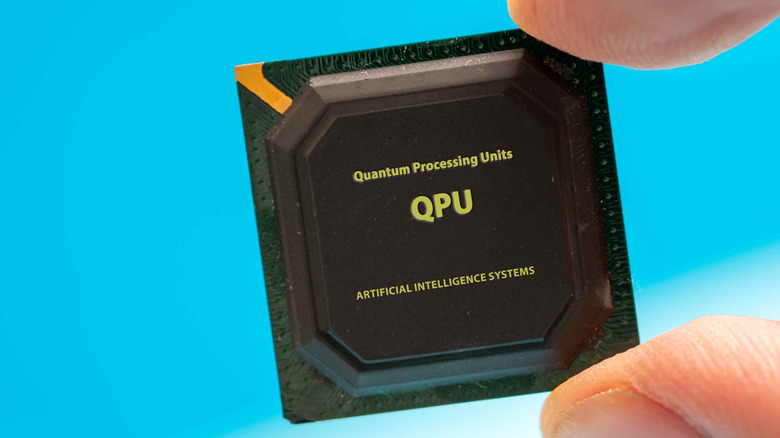NYC's First Quantum Computer Is Officially Online (And It Has A Clear AI Directive)
The domain of artificial intelligence is progressing at a breakneck pace, but at the same time, it is also running into a variety of challenges. The compute costs and energy requirements are extremely high. According to estimates by Schneider Electric, generative AI interactions are expected to consume 347 terawatt-hours (TWh) of energy by the end of this decade, which is equivalent to the power generated by 44 nuclear reactors. OpenAI, which kickstarted the generative AI frenzy with ChatGPT, could consume more power than the combined electricity requirements of Switzerland and Portugal with its Stargate infrastructure. Quantum computing could solve those problems for AI deployment, and one such forward-looking machine has just been installed in New York City.
The U.K.'s Oxford Quantum Circuits (OQC) has completed the setup of a quantum computing system at a data center operated by Digital Realty Trust. Interestingly, the project has been developed in partnership with Nvidia, which is currently riding a gold rush wave by supplying chips that power AI data centers. The Quantum-AI Data Centre, as OQC likes to call it, employs Nvidia's GH200 Grace Hopper high-performance computing (HPC) chip. At the heart of the system is the GENESIS quantum computer, and it is targeting enterprise applications that require deep AI-powered computing, such as finance and security. The long-shot target, however, is to speed up core AI processes, such as the training of AI models and generating data. The cost of the whole project has not been revealed, but it is certainly aiming for a much-needed shift in the field of AI.
The benefits of quantum computing for AI
You might question how quantum computers can help the advancement of AI, and why companies like Microsoft are developing their own quantum chips. Well, it all boils down to a few fundamental benefits. Quantinuum, which is backed by Nvidia, notes that compared to the traditional computing approach for scaling AI, quantum computers offer a cheaper, more efficient, and higher-performance route. The company adds that quantum technology will "fundamentally reshape AI, dramatically lowering costs and increasing scalability, while overcoming the limitations of today's classical systems." A notable breakthrough in that direction is the development of a quantum transformer model (aka Quixer), which is essentially the quantum equivalent of transformers, the fundamental architecture powering AI tools like ChatGPT.
In tests that involved language modeling and sequencing, quantum breakthroughs such as Quixers and Quantum Tensor Networks have already achieved the same level of performance as classical computers. It's only a matter of time before the fundamental stack of modern-age AI is optimized for quantum computers to reap the benefits. When compared against a classical supercomputer, the team found that quantum computing is 30,000 times more energy efficient. Gerald Mullally, CEO of Oxford Quantum Circuits, notes that the AI quantum computing system installed in New York is one of the most powerful of its kind in the world. A select batch of companies will get access to it this year, and it will open its doors to other clients next year. In addition to commercial usage, the military applications of quantum computing are also a hot area of research, which will evolve rapidly alongside AI breakthroughs in the near future.

